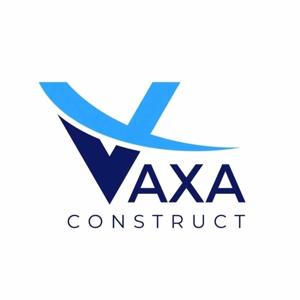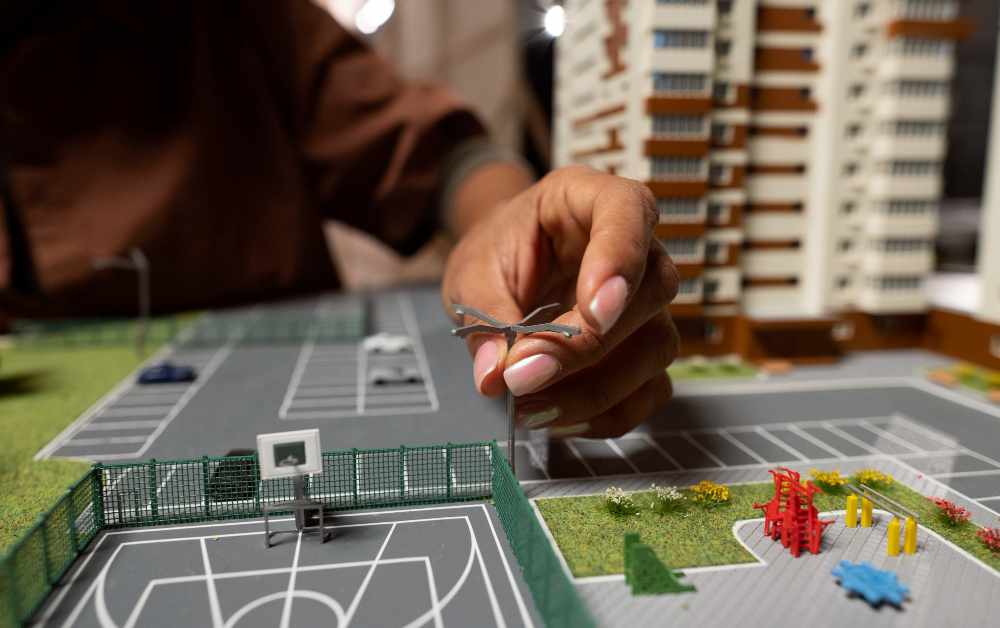
Embarking on a commercial construction project is a major investment and requires meticulous planning. Whether you're building a new office complex, retail space, warehouse, or manufacturing unit, selecting the right commercial construction company is just the beginning. To avoid costly delays, compliance issues, or design flaws, it's vital to be aware of the critical elements that shape the success of your project.
Here are the 10 key factors you must consider before starting a commercial construction project:
1. Define the Project Scope Clearly
The first step in any successful commercial construction plan is to define the project scope. What kind of commercial property are you developing? What are your goals, required features, and deadlines?
Clearly identifying your needs helps contractors, architects, and project managers align their plans with your expectations. An unclear scope can lead to misunderstandings, budget issues, and delays later in the process.
2. Budget Planning and Cost Estimation
Establishing a realistic and detailed budget is crucial. Consider all potential costs including land acquisition, labor, permits, materials, legal fees, and equipment.
Engage a commercial construction company in NJ that can provide accurate cost estimates based on your vision. It's also smart to set aside 10–15% of your budget as a contingency for unexpected costs or changes during construction.
3. Location and Site Evaluation
Choosing the right site plays a key role in how your commercial property will function and grow in the future. Evaluate:
Zoning laws
Accessibility
Soil condition
Environmental impact
Availability of utilities
Conduct a thorough site analysis before purchase or development. A reputable construction company can help with pre-construction site assessment and feasibility studies.
4. Legal Permits and Local Regulations
Commercial projects are heavily regulated. Every municipality and state has its own construction codes, safety requirements, and permit processes.
Ignoring or mishandling permits can lead to fines or even demolition orders. Hire professionals familiar with local NJ building codes who can manage documentation, inspections, and compliance effectively.
5. Selecting the Right Design Team
Design is more than aesthetics—it’s about creating a functional, future-ready space. Hiring experienced architects and engineers ensures that your project combines beauty, sustainability, safety, and efficiency.
Collaborate early with a design-build team or have your construction company coordinate with the designers to avoid redesign costs later.
6. Timeline and Milestone Planning
Delays are common in construction—but that doesn't mean they are unavoidable. Setting a realistic timeline with defined milestones helps keep the project on track.
Discuss potential disruptions like weather, supply chain issues, or labor shortages. An experienced project manager will include buffers and communicate any risks proactively.
7. Contractor Selection and Reputation
Not all contractors are created equal. Choose a commercial construction company with a proven track record, strong client testimonials, and transparent processes.
Look for:
Licenses and certifications
Financial stability
Insurance coverage
Safety record
Past project portfolio
Don't simply go with the lowest bid. A low-cost contractor may lead to higher long-term costs through poor quality or mismanagement.
8. Sustainability and Energy Efficiency
Today’s commercial buildings are expected to meet high standards in energy efficiency and environmental impact. Incorporate green building techniques like:
LED lighting
High-efficiency HVAC systems
Solar panels
Water-saving plumbing
These features not only reduce operational costs but also appeal to modern tenants and buyers who prioritize sustainability.
9. Communication and Project Management Tools
Construction projects involve multiple stakeholders—owners, architects, engineers, subcontractors, and local authorities. Poor communication between these parties can result in missed deadlines or costly errors.
Use project management tools that enable document sharing, real-time updates, and collaboration. Regular site meetings and updates ensure everyone stays aligned and informed.
10. Risk Management and Insurance
Every commercial construction project carries risk—whether it’s accidents, natural disasters, or financial disputes. Make sure you understand and mitigate these risks by:
Securing proper insurance
Signing clear contracts with dispute resolution clauses
Following safety protocols rigorously
Risk management starts with identifying potential issues before the first shovel hits the ground.
Conclusion: Trust the Experts for a Smooth Build
Starting a commercial construction project is both exciting and complex. From budgeting and design to legal permits and risk management, each step needs professional handling. Partnering with a reliable and experienced team makes all the difference.
If you're planning your next commercial space, consider working with Vaxa Construct—a name known for quality, trust, and delivering on-time commercial projects. Let the experts help you turn your vision into a structurally sound and operationally efficient reality.




Write a comment ...